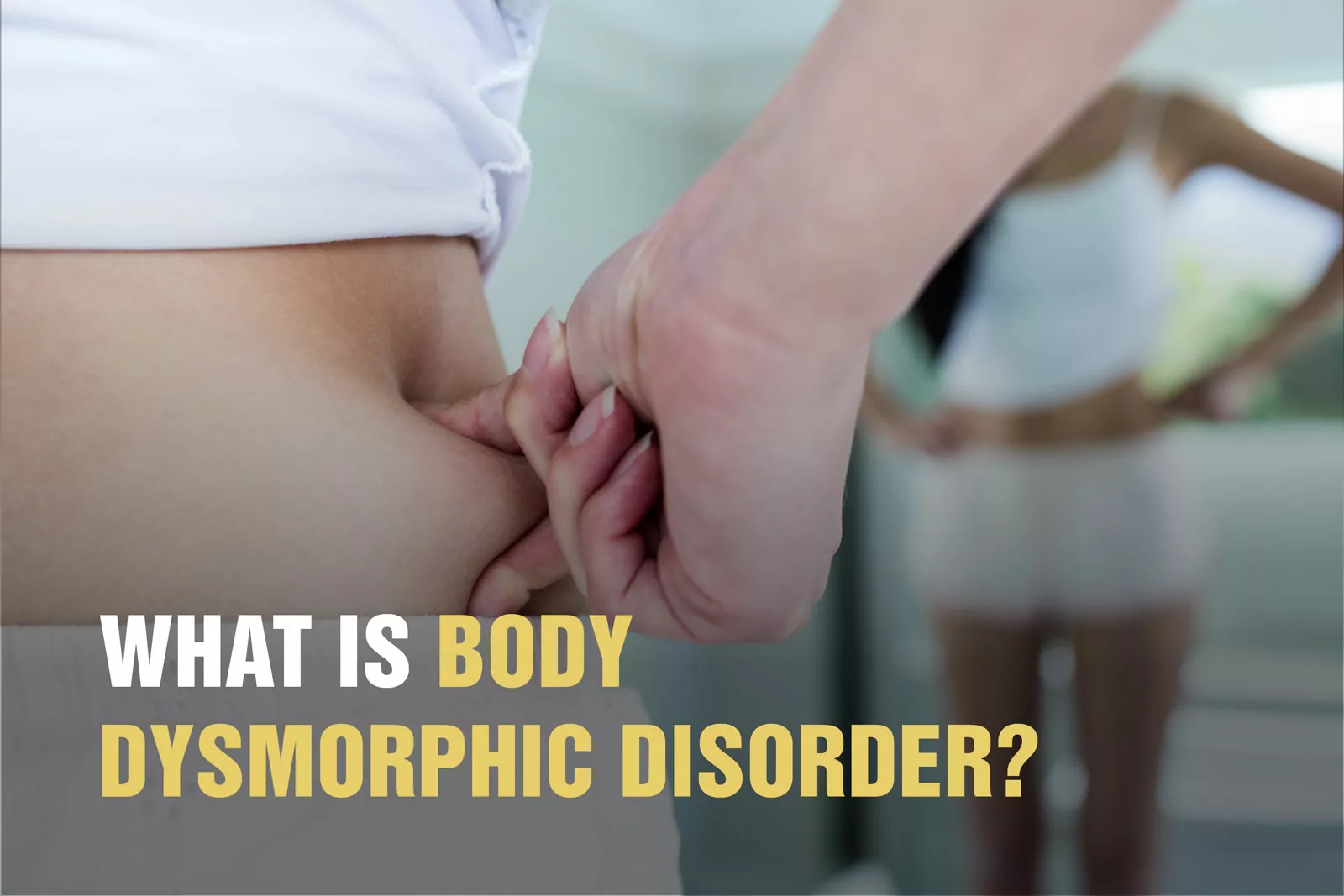Body dysmorphic disorder (BDD) is a mental health condition characterized by a preoccupation with perceived flaws in one’s appearance. Individuals with BDD often1 spend excessive time worrying about their appearance and may engage in repetitive behaviors, such as checking their appearance in mirrors or seeking reassurance from others.
Symptoms of Body Dysmorphic Disorder
People with BDD may:
- Focus on Perceived Flaws: Obsessively focus on a perceived flaw, such as a blemish, a nose shape, or body weight.
- Engage in Repetitive Behaviors: Frequently check their appearance in mirrors, excessively groom themselves, or seek reassurance from others.
- Avoid Social Situations: Avoid social situations due to fear of being judged or ridiculed.
- Seek Cosmetic Procedures: Undergo multiple cosmetic surgeries or procedures to correct perceived flaws.
- Experience Distress and Impairment: Significant distress and impairment in social, occupational, or other important areas of functioning.
Causes of Body Dysmorphic Disorder
The exact causes of BDD are not fully understood, but a combination of genetic, psychological, and environmental factors may contribute to its development. Some potential causes include:
- Genetic Factors: A family history of anxiety or mood disorders may increase the risk.
- Neurobiological Factors: Imbalances in neurotransmitters, such as serotonin and dopamine, may play a role.
- Psychological Factors: Negative body image, low self-esteem, and perfectionism can contribute to the development of BDD.
- Environmental Factors: Cultural pressures to conform to beauty standards and social media can exacerbate body image concerns.
Treatment of Body Dysmorphic Disorder
Treatment for BDD often involves a combination of psychotherapy and medication:
- Cognitive-Behavioral Therapy (CBT): CBT can help individuals identify and challenge negative thoughts and behaviors related to their body image.
- Medication: Antidepressants, such as selective serotonin reuptake inhibitors (SSRIs), may be helpful in managing symptoms of anxiety and depression.
- Psychiatry: A psychiatrist can provide medication management and psychotherapy.
With appropriate treatment, many individuals with BDD can significantly improve their quality of life and reduce the impact of their symptoms.



